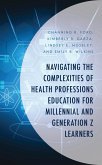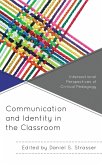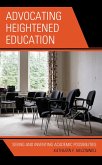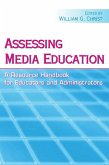The evolving landscape of healthcare tasks health professions educators with preparing the next generation of providers to be adaptable, responsive, and self-directed to ensure that they are prepared for entry into practice. The complexity of developing, implementing, and assessing health professions education is further compounded when educators consider the expectations of their learners and strive to integrate their needs and expectations into the learning environment. As a result of the varying academic requirements of health professions disciplines, educators may be faced with teaching students spanning multiple generations, to primarily include Millennial and Generation Z learners. Educators must be prepared to anticipate, identify, and respond to differing generational expectations to ensure that health professions students are equipped with the knowledge, skills, and abilities needed for practice.
This book examines generational differences between Millennial and Generation Z learners to inform health professions educators of those generational characteristics and expectations. The book also illustrates how higher education has evolved and changed as a result of the COVID-19 pandemic and the impending demographic cliff, how educators can adapt the varying learning environments (classroom, clinical, and experiential) present within health professions education, and provide best practices to consider when developing, implementing and revising learning opportunities.
This book examines generational differences between Millennial and Generation Z learners to inform health professions educators of those generational characteristics and expectations. The book also illustrates how higher education has evolved and changed as a result of the COVID-19 pandemic and the impending demographic cliff, how educators can adapt the varying learning environments (classroom, clinical, and experiential) present within health professions education, and provide best practices to consider when developing, implementing and revising learning opportunities.









